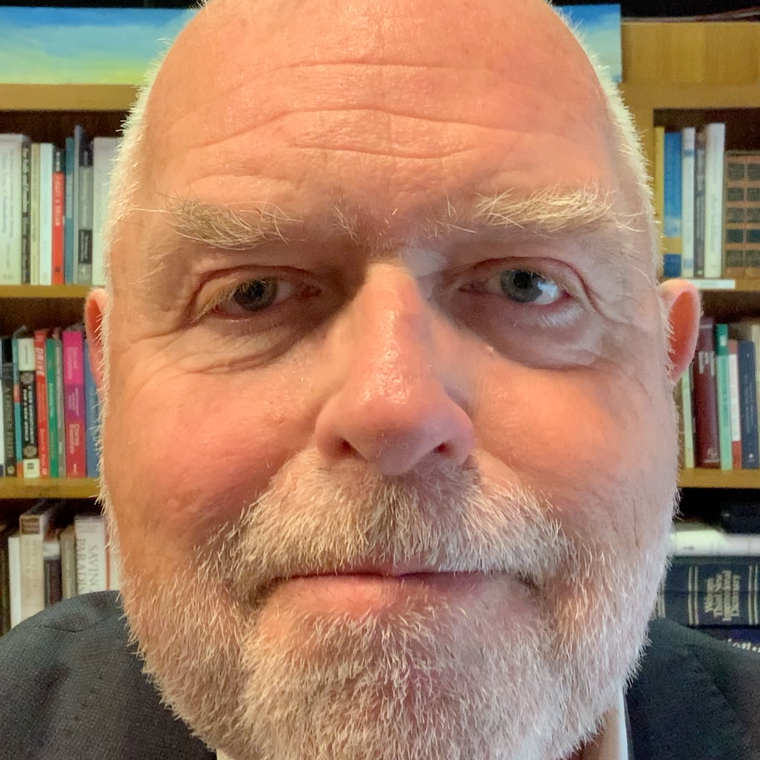
Rev. Dr. John Morehouse, Senior Minister
How do we make sense of Suffering?
The Buddha was right, all of us suffer, although not all life is suffering. Progressive faiths such as ours haven’t done a very good job reconciling suffering with our sunny view of life. As the poet Christian Wiman puts it:
“Suffering is simply something to avoid thinking about for as long as possible, and then, because to avoid it forever is impossible, to expunge from the mind the minute one is beyond the scald. Think of our culture’s almost Talmudic attention to physical health or—adjusting the dial on Oblivion slightly—our national addiction to opiates. Think of the hours we feed our brains to screens, the numb way we move from one month’s mass shooting to the next. Think of the way we separate the very old from society as if they were being culled, the stifled, baffled air of the modern funeral. The proximate causes for these conditions are many, but the ultimate one, I suspect, is the same: evasion.” (From “The Cancer Chair: Is Suffering Meaningless?” Harper’s Magazine Feb 2020)
But, as Wiman points out, it wasn’t always so. There was a time when the inevitability of suffering before pain medication and modern medicine required a more sanguine response. “[P]ain that cannot forget, falls drop by drop upon the heart, and in our own despair, against our will, comes wisdom to us by the awful grace of God,” wrote Aeschylus twenty five hundred years ago.
I do believe grace holds part of our answer. It is possible to learn from suffering, to hold precious our life in the face of its shadow. Some of the power of Jesus on the cross is how accessible God becomes to our own suffering. What doesn’t kill us makes us stronger. Up to a point. Yet, I have watched and experienced suffering that goes beyond its capacity to teach; suffering so intense that no grace and no God seem able to give it meaning. That suffering – the suffering of an animal or a child or the slow drip of death – is not meaningful in and of itself. Perhaps we, as those attending that suffering, should know that suffering of another can change us. We can become more compassionate, more aware of life’s fragility, more able to exercise our humanity in response to that suffering. When I dedicate a new child to her family and congregation, I will often say that the baptism does not change the child, it changes all of us. Perhaps then - just perhaps – the suffering of another is a call to grace, a call to not ignore and deny but to understand and accept the lamentations of being human.
I, for one, choose not to ignore suffering as much as I am able to. While none of us can internalize the suffering of every sentient being on the planet, we can work to be aware of what suffering we cause, acknowledge it and, if possible, do what we can to ameliorate that suffering. And, if the suffering is ours, acknowledge the pain, and ask others for help.
As James Baldwin once wrote: “There’s no way not to suffer. But you try all kinds of ways to keep from drowning in it, to keep on top of it, and to make it seem—well, like you." I have watched this painful balance with those who live with chronic pain -- taking just enough medication to keep the pain manageable but not so much as to lose a sense of self still living in the world.
Suffering is part of our humanity but not the only part. Let us remember that living can still be its own reward. Suffering travels the same road as compassion and love, and together we travel on.
See you in church,
Rev. John
